Tempo-iRPE™
Human iPSC-derived Retinal Pigment Epithelials
Tempo-iRPE™
Human iPSC-derived Retinal Pigment Epithelials
Retinal pigment epithelium (RPE) is the pigmented cell layer surrounding the neurosensory retina. The cells support the retinal photoreceptor cells, and they are attached to the underlying choroid and overlying retinal visual cells. The RPE has several functions: light absorption, epithelial transport, spatial ion buffering, visual cycle, phagocytosis, secretion and immune modulation. The RPE is comprised of hexagonal cells organized into a densely packed monolayer. The RPE is of the neuroectodermal origin.
Tempo-iRPE™ are human iPSC-derived retinal pigment epithelial cells. They express biomarkers (e.g., RPE-65, RLBP1, SERPIN, VEGFA, GULP1, and BEST). They grow as a monolayer and show abilities to phagocytose. The iRPEs play a critical role in functionally support the photoreceptors. They are valuable tools for studying age-related macular degeneration, retinitis pigmentosa, diabetic retinopathy, photoreceptor degeneration, gene expression, phagocytosis, and cellular interactions.
Applications
Tempo-iRPE™ are intended for basic scientific research, drug discovery and therapeutics development use only. It is not a product for human testing or diagnostics.
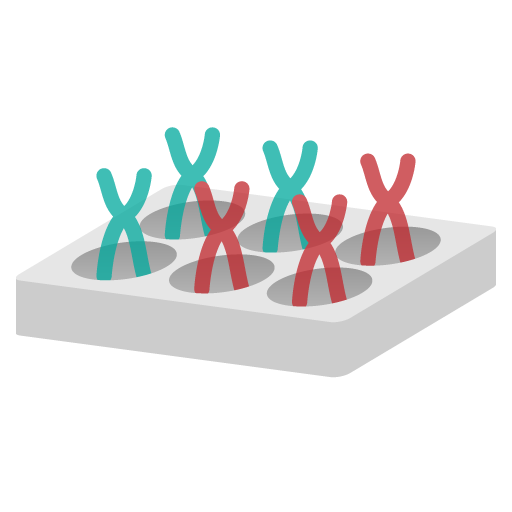
Phenotypic Assays

High Content Imaging
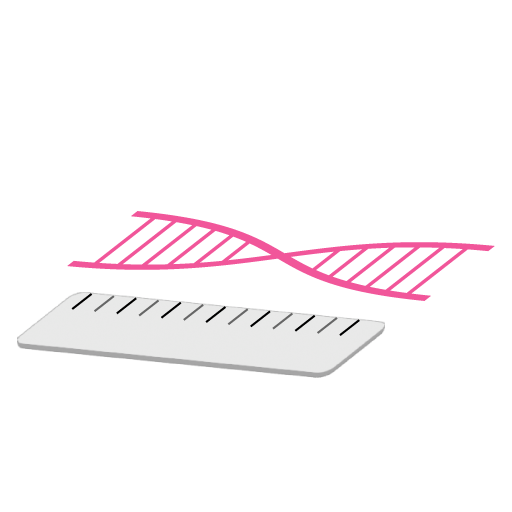
Biomarker Discovery
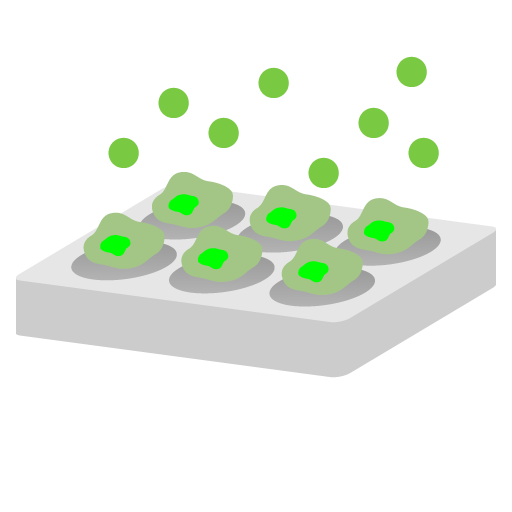
Cytotoxicity Assays
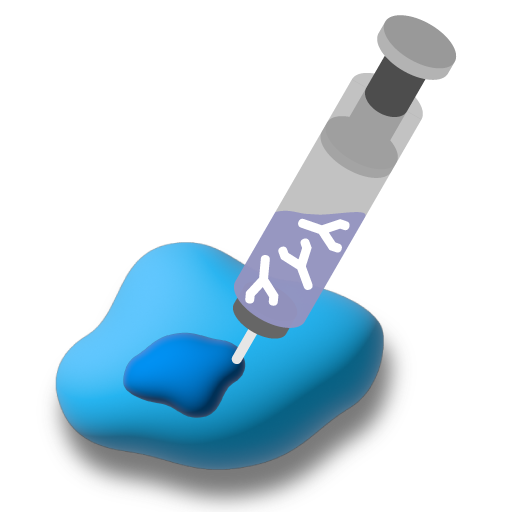
Target Validation
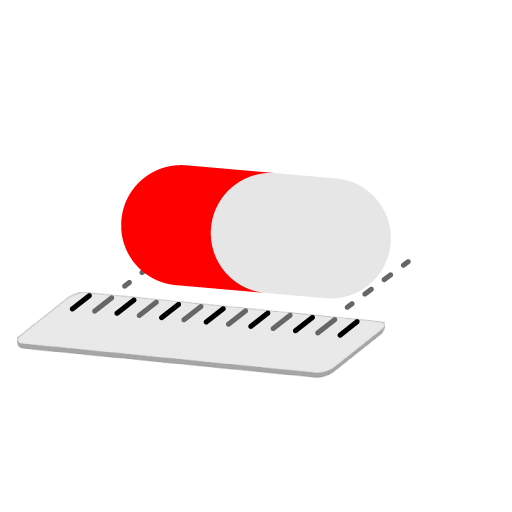
Lead Optimization

Investigative Toxicology

Nonclinical Efficacy Evalutions

Live-cell Imaging
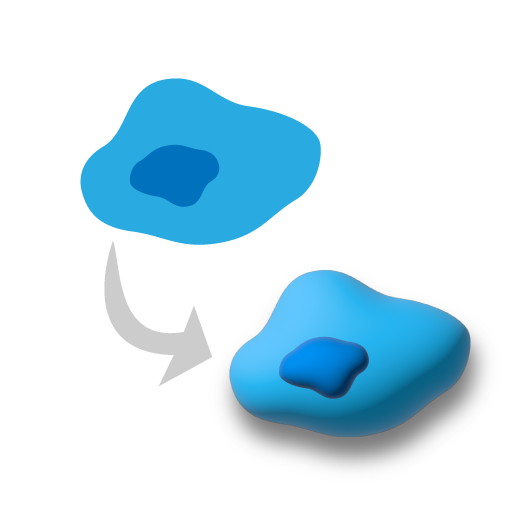
2D & 3D Cell Culture
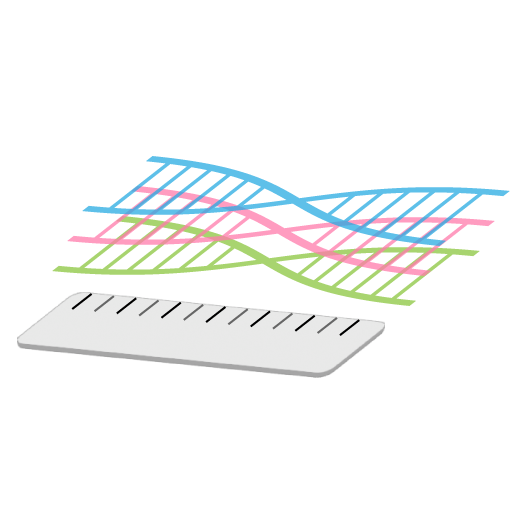
Biomarker Authentication
Application Example: TransWell Barrier Assays
Specifications
>0.5×10^6 cells per 1ml of freezing medium (vial)
Long-term Storage: liquid nitrogen
Growth Properties: adherent monolayer
Storage: remove cryovials (dry ice packaging) and place the vial into liquid nitrogen for storage. Alternatively, thaw and use the cells immediately.
Starting Materials: human dermal/fibroblast cells were reprogrammed using a proprietary serum-free, virus-free, nucleic-acids-free, feeder-free, and integration-free technology.
QC: Sterility, Safety (BioSafety Level 2), HIV/viruses, bacteria, fungi: negative. Cell viability post-thawing (>90%)
Tempo-iRPE™ SKU210
